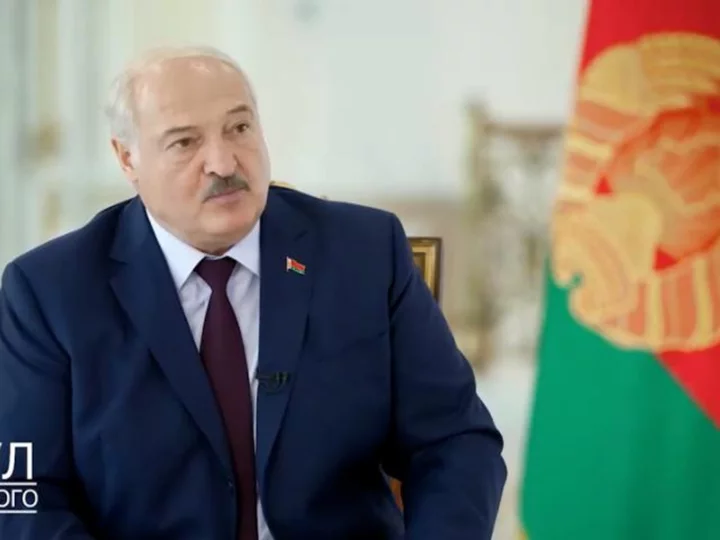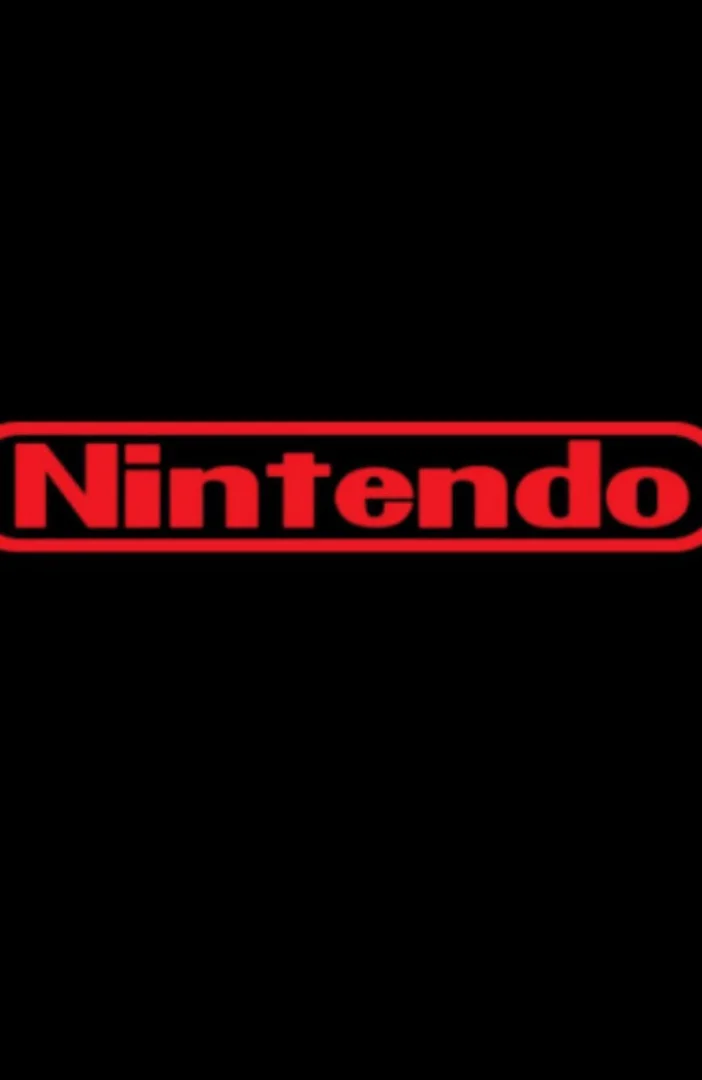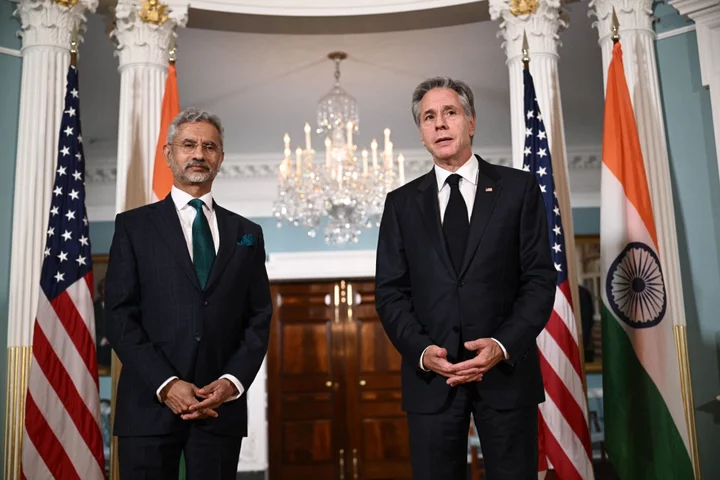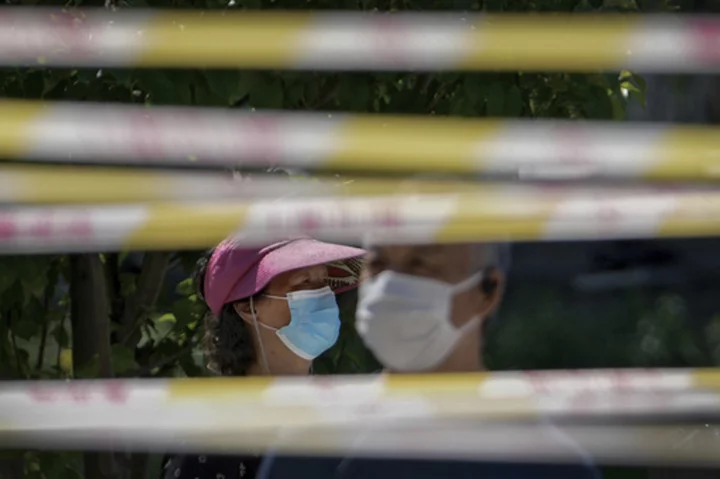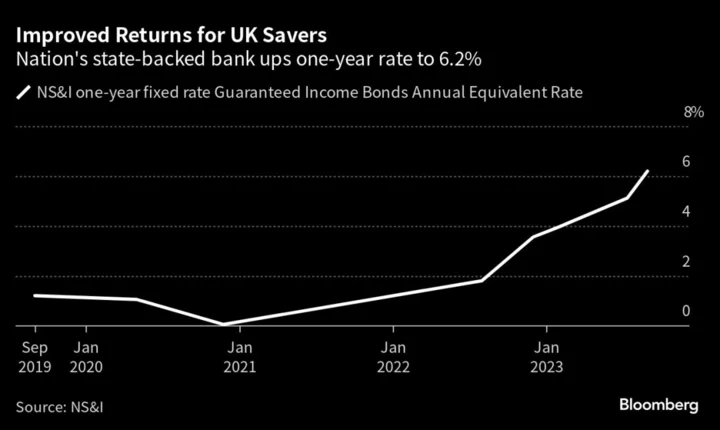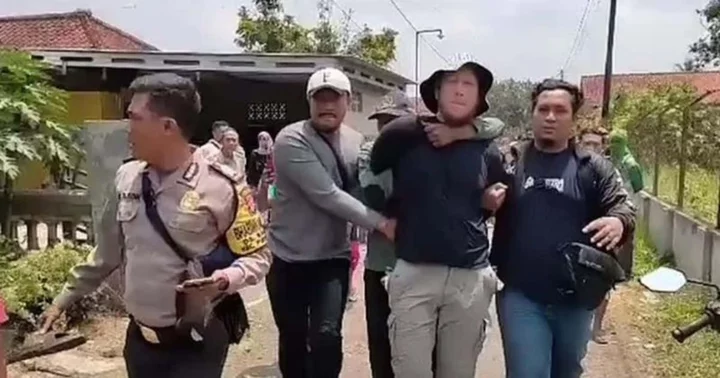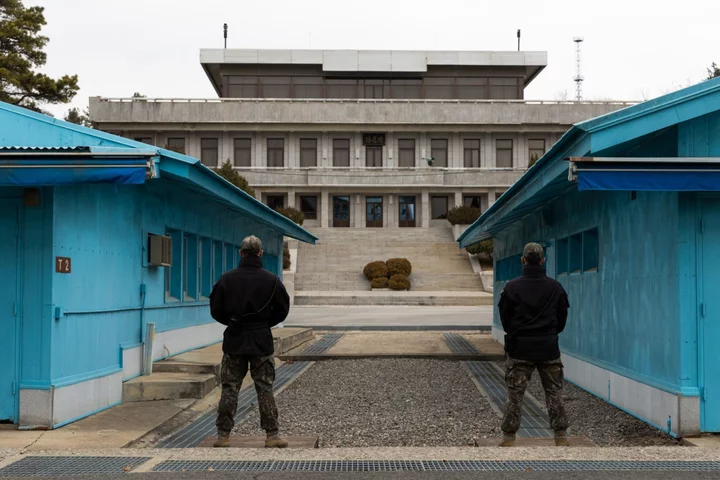Belarus would be willing to use the nuclear weapons given by close ally Russia in the face of foreign "aggression," President Alexander Lukashenko said Thursday, as tensions rise around the country's borders with NATO nations.
Minsk has played a key role in Russia's war in Ukraine, with Moscow using Belarus as one of its launch pads for the invasion in early 2022, while joint Russia-Belarus military drills over the past year have fueled concerns Belarusian troops could join Russian forces in the conflict.
In June, Russian nuclear warheads were reportedly delivered to Belarus for "deterrence," according to Russian President Vladimir Putin.
In an interview with state news agency Belta, Lukashenko claimed Belarus would "never get involved in this war" unless Ukrainians crossed its border. But he added: "We will keep helping Russia, they are our ally."
He also warned that if provoked -- especially by neighboring NATO countries like Poland, Lithuania and Latvia -- Belarus would "immediately respond with everything we have," including nuclear weapons.
It's not clear how much of Russia's nuclear arsenal was transported to Belarus recently, and US and Western officials have not publicly confirmed that any weapons have been transferred -- though senior officials from the US Defense Intelligence Agency (DIA) said they had "no reason to doubt" Putin's claim.
During the interview, Lukashenko said if Belarus were to come under attack, "we will not tarry, wait, and the rest. We will use the entire arsenal of our weapons for deterrence."
"We didn't bring nuclear weapons here in order to scare someone," he added. "Yes, nuclear weapons represent a strong deterring factor. But these are tactical nuclear weapons, not strategic ones. This is why we will use them immediately once aggression is launched against us."
The senior DIA officials said in July they do not believe Lukashenko would have any control over the arsenal, which would most likely be entirely controlled by Russia.
Regional tensions
Lukashenko's latest comments come as the security landscape in Europe becomes increasingly volatile, with Belarus' northern neighbors on edge over the presence of Russian mercenary group Wagner -- which is stationed in Belarus in the wake of its short-lived rebellion in Russia earlier this summer.
In recent weeks, there have been reports of Wagner troops moving toward a thin strip of land between Poland and Lithuania, in an apparent attempt to increase pressure on NATO and European Union members.
Citing concerns over Wagner, Poland recently announced it would move around 10,000 troops to its border with Belarus, and detained two Russians accused of spying and spreading propaganda for the Russian mercenary group.
Lithuania said Wednesday it would temporarily suspend operations at two of its six border checkpoints with Belarus due to concerns about Wagner forces, with the interior minister citing "emerging threats to national security and possible provocations at the border."
In response, Belarus slammed Lithuania for taking an "unconstructive and unfriendly step," calling its Wagner reasoning "far-fetched."
During the Thursday interview, Lukashenko denied that Putin may have been weakened by the failed Wagner mutiny, calling such claims "total nonsense."
"Putin is now more mobilized, more cunning, and wiser. Our adversaries need to know it," Lukashenko said, adding: "Nobody will overthrow Putin today."
He also reiterated that it had been his idea to deploy Wagner fighters in Belarus. "In order to quell this mutiny, to put out this fire, it was necessary to accept any conditions because the mutiny could have been devastating to everyone," he said.
War in Ukraine
Lukashenko also weighed in on the ongoing war on Thursday, warning that Moscow would never give up the Crimean territory it illegally annexed from Ukraine more than seven years ago.
While Russia is open to negotiations on Ukraine, it will "never ever return Crimea," he said, according to Belta.
"It won't happen. I doubt for now that some agreement can be reached here, in the east. But Russia is ready to discuss any topic. I know it for sure," Lukashenko said.
However, he claimed that Ukrainians "are pushed by Americans" and don't want to negotiate at the moment, adding that talks "have to start without preliminary conditions." Any peace talks on Ukraine should include Belarus, as "we have our interests there, and our position should be heard," he added.
Crimea was forcibly seized by Russia in 2014 -- soon after Ukrainian protesters helped topple pro-Russian President Viktor Yanukovych -- when thousands of Russian special-operations troops wearing unmarked uniforms deployed around the peninsula.
Two weeks later, Russia completed its annexation of Crimea in a referendum, castigated by Ukraine and most of the world as illegitimate, and at the time considered the biggest land-grab in Europe since World War II.
Since annexation, human rights observers have described Crimea's descent into a police state, with local authorities and Russian security services persecuting and arresting those perceived to be loyal to Ukraine, including members of the Crimean Tatar community.
A 2020 US State Deparment report described a pattern of human rights abuses in Crimea by Russia or Russia-led authorities, including unlawful or arbitrary killings and forced disappearances.
The occupied territory has since become a key part of the war in Ukraine, with the Crimean bridge -- linking the peninsula to mainland Russia -- a vital supply link for Russian forces, and a target for Ukraine's counteroffensive.
Formerly under Soviet control until declaring its sovereignty in 1990, Belarus is also an autocratic state which has been effectively run by Lukashenko since independence.

